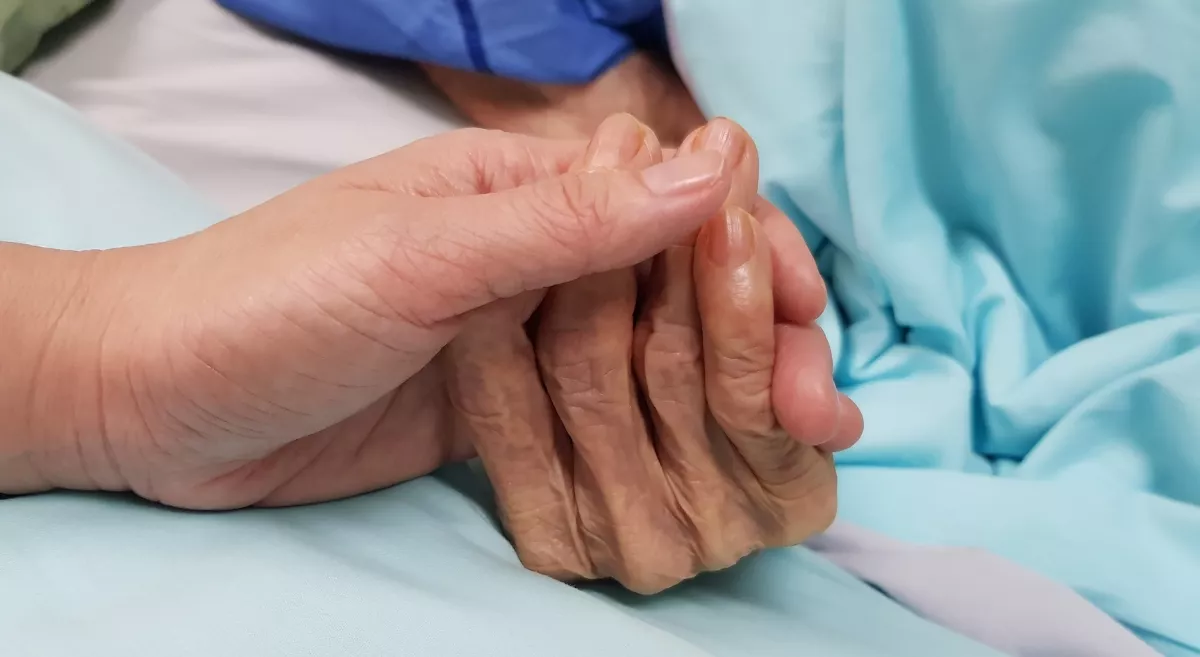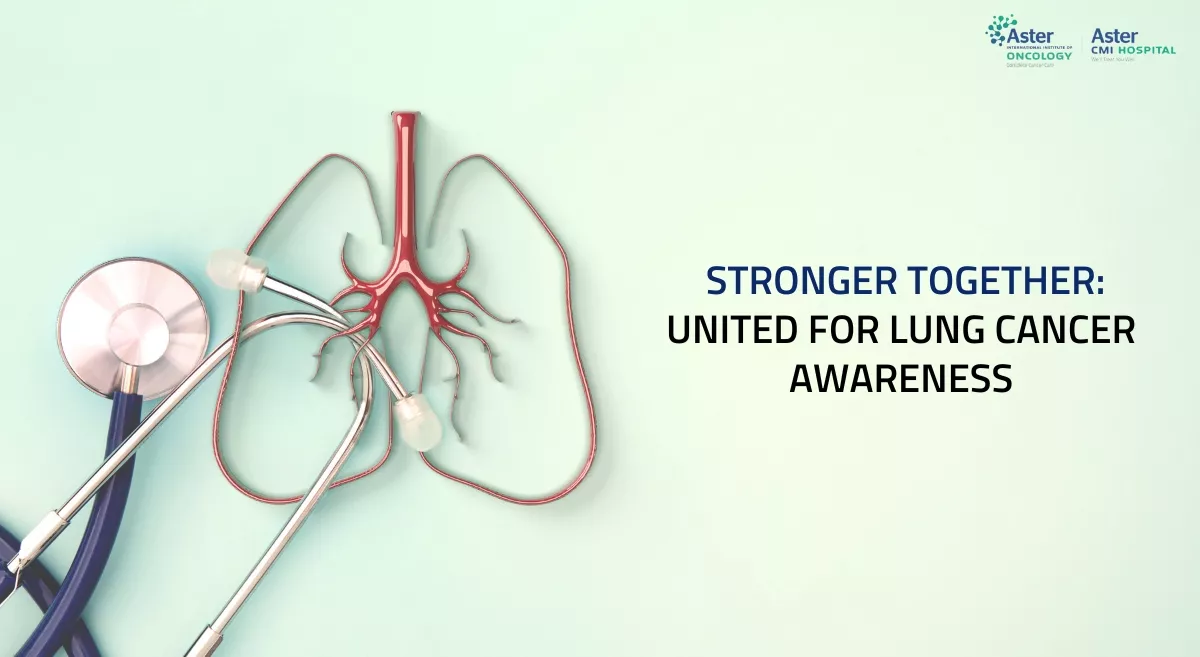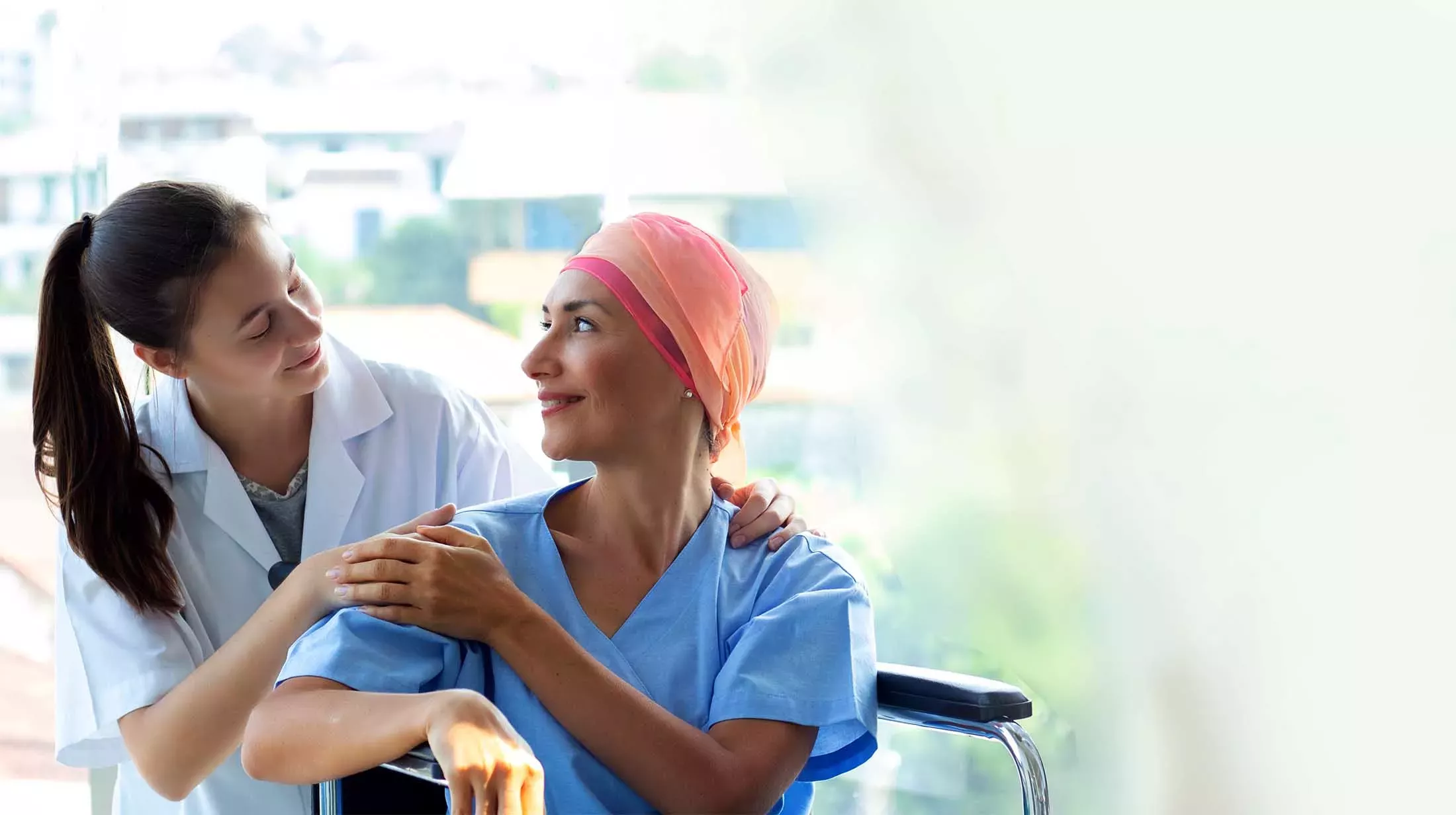For breast cancer survivors, recovery doesn't end when treatment concludes. Survivorship brings its challenges, including managing physical side effects, coping with emotional highs and lows, and finding a "new normal." Prioritizing wellness, seeking support, and maintaining a hopeful outlook can make a meaningful difference in the recovery journey.
1. Physical Recovery After Breast Cancer Treatment
Understanding Physical Recovery: What Your Body Needs
Breast cancer treatment may lead to lingering physical side effects, including fatigue, pain, or neuropathy. While everyone's experience varies, many survivors find that physical recovery improves gradually.
Common Post-Treatment Side Effects:
- Fatigue: Feeling tired post-treatment is common, and while rest helps, it may not always be enough. Staying hydrated, eating a balanced diet, and pacing can aid recovery.
- Pain: Pain can be managed by incorporating a fusion of pain relievers, physical therapy, acupuncture, and relaxation techniques like yoga and meditation.
- Nerve pain and numbness: Nerve pain and numbness often respond well to physical therapy, gentle exercise, and stress-reduction techniques.
Importance of Exercise in Recovery
Exercise plays a key role in rebuilding strength and reducing cancer-related fatigue. Studies show that survivors who engage in physical activity experience a lower risk of recurrence and better quality of life. Start with gentle, low-impact activities like:
- Walking: A 10–15 minute daily walk can gradually improve stamina.
- Yoga and Stretching: Gentle yoga supports flexibility, balance, and stress management.
- Strength Training: Light weights, under guidance, can help regain muscle tone and support bone health.
Nutrition Tips for Breast Cancer Survivors
Healthy eating aids recovery by providing essential nutrients and bolstering the immune system. For optimal health, consider these dietary guidelines:
- Antioxidant-Rich Foods: Vegetables and fruits, particularly berries, broccoli, and leafy greens, support cellular health.
- Whole Grains: Being high in fiber content, whole grains help with digestion and may reduce cancer recurrence risks.
- Healthy Fats: Choose sources like olive oil, nuts, and avocados for anti-inflammatory benefits.
- Avoid: Alcohol, processed foods, and sugary snacks, which can cause inflammation and fatigue.
2. Emotional and Mental Health in Breast Cancer Recovery
Coping with Anxiety and Fear of Recurrence
It's normal for survivors to worry about recurrence. Facing these fears and building mental resilience is essential. Some coping strategies include:
- Therapy and Counseling: Speaking with a mental health professional helps to manage anxieties and offers tools for resilience.
- Mindfulness and Meditation: These practices focus on being present and can significantly reduce stress. Consider mindfulness-based programs specifically for cancer recovery.
Therapeutic Resources for Mental Health
There are various resources for mental health support designed to cater to the needs oscancer survivors:
- Support Groups: Connecting with other survivors, either in person or online, fosters community and shared understanding.
- Apps for Survivors: Digital tools like the Bezzy Breast Cancer app offer a platform for sharing experiences and advice among survivors.
3. Building a Support System After Breast Cancer
Connecting with Other Breast Cancer Survivors
Isolation can be a common experience after treatment. Engaging with other breast cancer survivors can provide emotional strength, encouragement, and practical tips for daily life. Join local support groups or participate in online forums to find your community.
Family and Friends as Part of the Healing Journey
Family and friends play a critical role in your recovery. Open communication with loved ones about your needs and setting expectations can prevent misunderstandings and reduce stress. Remember, asking for help, whether with household tasks or emotional support, is part of self-care.
4. Self-Care Practices for Long-Term Wellbeing
Stress Reduction
Stress management is vital for long-term health post-cancer. Techniques like mindfulness meditation, yoga, and deep-breathing exercises promote relaxation and a positive outlook. Consider joining a mindfulness-based stress reduction program, which provides structured support over several weeks.
Learning to Say "No" for setting healthy boundaries
Recovery requires energy and self-care. Learning to set boundaries and say "no" when necessary helps conserve energy for what truly matters. By prioritizing your health, you can focus on activities and people that uplift you and contribute positively to your well-being.
5. Creating a Long-Term Health Plan with Your Healthcare Team
Regular Screenings and Follow-Up Care
Follow-up appointments are essential to monitor health and detect any early signs of recurrence. These appointments typically involve physical exams, mammograms, and other tests based on individual needs. Talk with your doctor about a customized schedule that works best for you.
- Mammograms: Continue annual screenings if you've had breast-conserving surgery.
- Bone Density Tests: If you are on hormone therapy, regular bone density scans may be recommended to prevent osteoporosis.
6. Lifestyle Changes for Cancer Prevention
Maintaining a healthy lifestyle is imperative for reducing recurrence risk. Your healthcare team can guide exercise, diet, and lifestyle adjustments that support lasting wellness.
Important Recommendations:
- Staying Active physically: Aim for at least 150 minutes of moderate activity weekly.
- Limiting intake of Alcohol and Avoid Tobacco: Reducing alcohol intake and quitting smoking contribute to overall health and decrease recurrence risks.
- Prioritizing the Sleep Quality: Aim for 7-8 hours each night, as sleep plays an integral role in healing and energy restoration.
7. Helpful Resources for Breast Cancer Survivors
There are several important resources, important to mention are:
- American Cancer Society: it is a comprehensive resource and support for survivors.
- National Breast Cancer Foundation: It offers educational materials, support groups, and survivor stories.
- Local Wellness Programs: Cancer centers offer post-treatment programs like yoga, nutrition classes, and mental health counseling.
8. Embracing a Bright Future After Breast Cancer
The journey after breast cancer is a gradual process of reclaiming one's life and health. Remember that each day is a step toward resilience, strength, and self-care. By staying connected, practicing self-compassion, and committing to healthy lifestyle choices, you can look forward to a fulfilling and healthy future.
With patience and the right support, thriving after breast cancer is possible. Take it one day at a time, reach out for help when needed, and remember that this journey is yours to shape, with new possibilities ahead.














